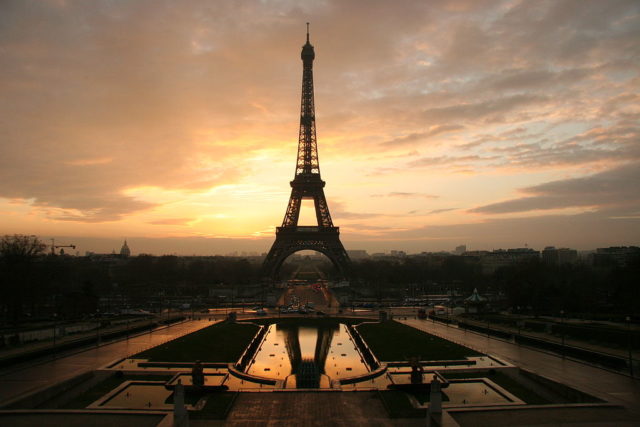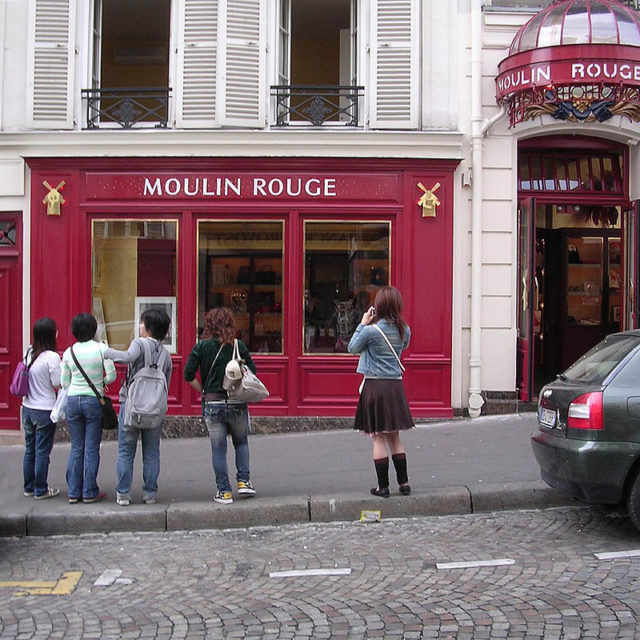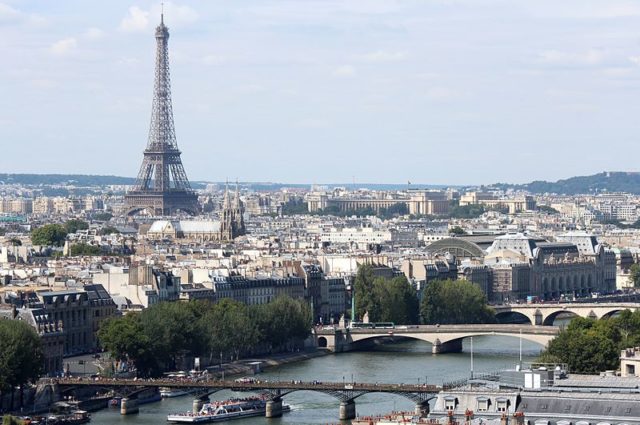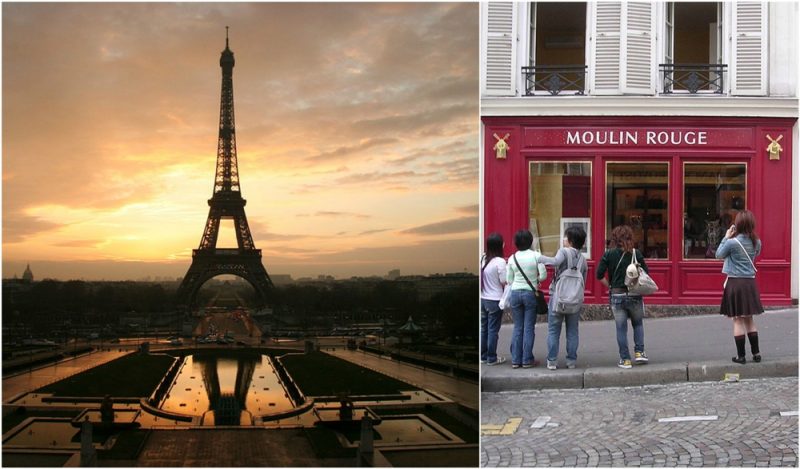In case you haven’t heard of it yet, it’s time to get familiar with the psychological disorder known as Paris syndrome.
According to statistics, around 20 of the approximately six million tourists who visit Paris each year become victims of their expectations about the city when they unexpectedly end up disappointed, especially the Japanese tourists.

As they say, big expectations may lead to big disappointments. The images of the city in the Japanese media inspires a lot of people to imagine Paris as a quaint, peaceful and friendly place, presuming that women are all beautiful, thin and the city’s scent is none other than Chanel No. 5.
They also imagine parks filled with penguins and nice waiters and waitresses around who will take your order nicely even if they have a bad hair day. In fact, many Japanese believe that the City of Lights is perfect.
However, these aren’t the only reasons why tourists, especially Japanese visitors, face this culture shock. The language barrier has a significant impact on this matter, for many Parisians are quite unaccommodating to foreigners, especially to those who don’t speak French. Conversations in any other language can sometimes be downright unpleasant.
The language barrier has a significant impact on this matter, for many Parisians are quite unaccommodating to foreigners, especially to those who don’t speak French. Conversations in any other language can sometimes be downright unpleasant.


Photo Credit
Here are some of the symptoms which tourists experience while facing the disorder. Apparently, they’re gripped by anxiety, and some of them are scared to travel again for a long time, while others suffer from acute delusions, dizziness, sweating, hallucinations, depression, and feelings of persecution.
The Japanese embassy in Paris runs a 24-hour helpline for expatriates experiencing the syndrome and sends them home with a doctor or nurse to ensure they recover as soon as possible.


Most of the tourists who visit Paris are quite fond of it. On the other hand, a handful of people suffers from Paris Syndrome because they were unprepared for big cultural differences. The problem doesn’t seem to get better but worsens over time, considering the fact that Paris remains and will be one of the greatest tourist attractions in the world.
Read another story from us: Paris upside down: the city under Haussmann’s renovations
However, some of the tourists have found a permanent cure for this syndrome, called ‘never returning to Paris’.
